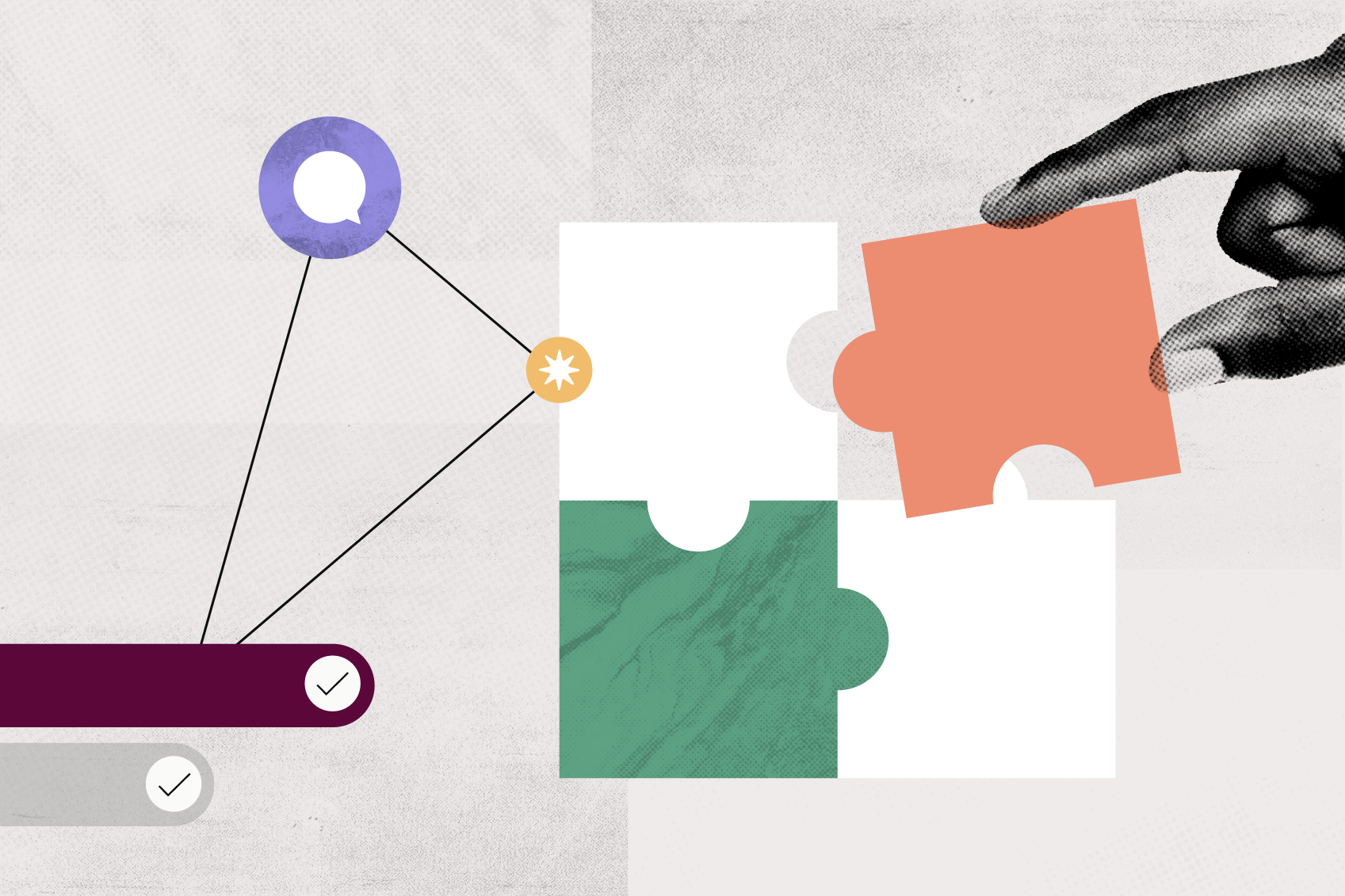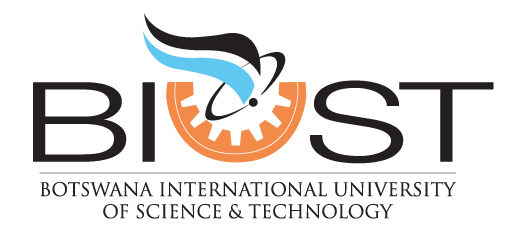
office of the vice chancellor

Deputy vice chancellor academic affairs

Deputy vice chancellor research and innovation

deputy vice chancellor finacial administration
- Communication and Public Relations
- Strategy Management & Planning
- Internal Audit & Risk
- Legal Services and Governance
- Quality Management
Communication takes on many forms and is fundamental to the success of any organization or living organism, hence the University is no exception. The ‘communication of knowledge’ forms part of the University’s mission statement and communication is key to the achievement of our aim to ‘support, develop and value high quality staff’.
Communication is critical in engaging our staff in the strategic direction of the University. There are many channels of communication available to staff within the University and many processes, formal or informal, for their use within Faculties and Directorates.
To ensure that communication across the University is, effectively co-ordinated, managed and is responsive to the diverse information needs of the University’s stakeholders. In all verbal and non-verbal communication, the reputation of the University should be protected in order to manage image and reputation of the University.
It is CPA’s role to ensure:
- Stakeholder Engagement: Actively engage the University’s stakeholders on a regular basis.
- Media Relations: The media liaison.
- Protocol Services: To assist and advise of matters pertaining to protocol.
- Events Planning, Management and Coordination: To play a leading role in events management and planning.
- Brand Management: To provide guidance on the appropriate and consistent use of all the University’s corporate identity elements.
- Marketing: To assist and implement the University’s advertising and marketing plans and activities.
- External Communication: Information packaging and dissemination to external stakeholders.
- Internal Communication: To develop and implement the internal communication strategy.
- Corporate Social Investment and/or Responsibility: To coordinate all the University’s CSI/SCR activities.
- University Tours: To coordinate and ensure uniformity in the conduct and management of the University tours in order to effectively tell the BIUST story.
- Development and maintenance of systems, pr Communication takes on many forms and is fundamental to the success of any organization or living organism, hence the University is no exception. The ‘communication of knowledge’ forms part of the University’s mission statement and communication is key to the achievement of our aim to ‘support, develop and value high-quality staff’.
The Directorate of Institutional Planning (IP) is responsible for strategic management & Business Planning, Corporate Performance Management and Business Intelligence policy frameworks and processes across the University.
Business Units for Directorate for Institutional Planning
- Strategy Management and Planning
- Leading and Facilitating the strategic planning process to develop and review BIUST’s long term, medium term and short term plans and strategic initiatives that will enable the achievement of the University’s strategic imperatives.
- Facilitate and integrate the Univeristy-wide planning, and the alignment of budgets to plans
- Monitoring, evaluating and reporting progress relating to implementation of plans nad strategic initiatives
- Performance Management
- Manage and coordinate the University-wide efforts to ensure that performance management systems and programs are developed and managed effectively using best practice standards and data-driven focus.
- Develop and Implement PMS Monitoring and Control Processes (PMS process compliance audits and consistency checks)
- Business Intelligence
Plan, coordinate, manage and direct the effective development and implementation of a business intelligence platform to support the policy-formulation, strategy formulation, and planning processess of the University
- Ensure that all future strategic decisions are informed by relevant and up to date research, data mining, and analysis
The Directorate of Internal Audit and Risk is an independent, objective assurance and consulting function that is guided by a philosophy of adding, enhancing, and protecting institutional value by providing risk based, objective assurance, advice, and insight to improve the operations of BIUST.
Mandate
To assist BIUST in accomplishing its strategic and operational objectives by bringing a systematic and disciplined approach to evaluate and improve the effectiveness of the organization’s governance, risk management, and internal control environments.
Internal Audit’s mission
To provide reliable independent assurance to the Council Audit and Risk Committee, Executive Management and Senior Management Team on the adequacy, effectiveness, and sustainability of the system of internal control.
This is achieved through implementation of best practice methodologies as guided by the International Professional Practices Framework (IPPF), a conceptual framework promulgated by the Institute of Internal Auditors Global. In carrying out its activities, The Directorate of Internal Audit and Risk aims to contribute through:
- Building strong and effective risk awareness and control consciousness within BIUST;
- Continuously improving risk management and control processes so they operate at optimum effectiveness and cost efficiency and reflect leading practices;
- share best practice about risk management and assurance across BIUST operations;
- Provide independent and objective assurance over the design and effectiveness of controls in place to manage the key risks impacting BIUST’s business performance;
- Developing and delivering a programme of assurance aimed at validating the effective management of key business risks and report findings and recommendations to the audited parties, Council Audit and Risk Committee, Executive Management and Senior Management Team
- Performs appropriate follow-up action based on previous audit reports to determine whether corrective action has been taken and assists in appraising whether corrective action taken has been done appropriately;
- Internal Audit and Risk is authorized through the BIUST Internal Audit Charter to review all areas of BIUST and has full, free, and unrestricted access to all activities, records, property, and personnel necessary to complete their work including correspondence with regulators, Council and its Committees;
- Coordinate and facilitate the BIUST Enterprise Risk Management program which enables the University to identify, assess, manage, monitor and report all risks to ensure an efficient and effective integration of risk management;
- Promote risk aware culture so that employees within the University make prudent risk-based decisions;
- Providing assurance to students, staff, Council, industry, regulators, government, the broader University community and other stakeholders that the University has a systematic and pro-active approach to the management of risk within the institution.
The Legal Services Directorate exists to oversee delivery of legal services and resources to accomplish corporate goals and strategic priorities. The Directorate ensures that the University has effective corporate governance arrangements in place, and provide technical advice, in all aspects of corporate governance, legal probity and risk management.The critical functions of the Directorate include but are not limited to the following;
- Regulatory and Compliance
- Archives and Records
- Drafting and negotiation of strategic contracts, commercial or academic agreements; with third parties
- Civil and Commercial Litigation concerning the University
- Resolution of Disputes arising with respect to legal rights and responsibilities of University employees or students
- Interpretation, management and mitigation of legal risks at all levels across the University
- Legal Education within the University on new or ongoing Legal Developments
- Develop, Review and Advise on Corporate Governance Strategies within the University
- Provide Technical Support to Senate and the Council
The Directorate of Quality Management (DQM) coordinates the quality assurance, quality management and quality enhancement of all University activities. The University places the learner as the most critical customer and partner in the quality discourse; every institutional member of BIUST: students, academic and non-academic staff carry a primary responsibility of upholding academic standards and enhancing the quality of students’ learning. The Quality Management in BIUST sits within the wider context of National, Professional Regional and International quality assurance requirements
BIUST has made a deliberate effort to implement an effective University-wide quality management and quality assurance system for University operations to ensure that Regulatory, Statutory, University and Professional Body requirements for its operations and services; are adhered to. The commitment is articulated in the following Quality Policy Statement:
BIUST strives for excellence in teaching, learning, research and innovation through a concerted effort by all Stakeholders. We are committed to meet customer, statutory and regulatory requirements through continual improvement.
The Quality Policy is operationalised through a BIUST Quality Strategic Framework which services, enables and compliments the University’s Strategic Plan implementation.
The strategic importance of the DQM is crucial to the execution of the BIUST Strategy. The DQM is strategically placed to:
- Coordinate and ensure adherence to Regulatory, Statutory and Professional Body requirements
- Lead, coordinate and audit quality management system development and implementation
- Audit process compliance of both the Academic and non- academic streams of processes with focus on achievement of strategic and business results.
- Carry out QMS audit to ensure continual improvement through investigation of controls and re-designing processes if KPI results and strategic goals have not been achieved.
The QMS audit is done with the aim of finding weak controls, and to improve on those controls, so that the processes can be improved to achieve its KPI; s and strategic goals.
